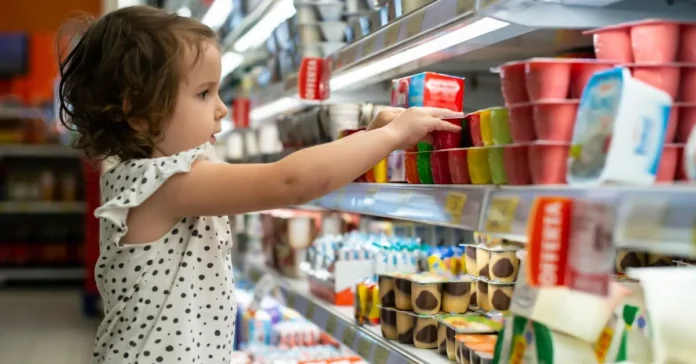Supermarket competition is intensifying, leading to a significant reduction in food price increases. In March, food prices rose by only 1.3%, much lower than the 2.5% increase in February. This marks the slowest rise since December 2021, with supermarket competition playing a major role in driving prices down.
The fierce supermarket competition has contributed to lower overall inflation, with consumer prices dropping to 3.4% from over 11% in October 2022. Energy prices have also decreased, adding to the economic relief. Analysts predict that this trend could result in lower interest rates by June, which would further help the UK government tackle the recent surge in inflation.
Helen Dickinson of the British Retail Consortium noted that retailers are working hard to keep prices affordable for consumers. Despite higher cocoa and sugar costs making Easter treats more expensive, supermarket competition helped bring down prices for many items through promotions. Dairy prices have also dropped as retailers focus on lowering essential food costs.
Supermarket competition has also impacted non-food items, such as electronics, clothing, and footwear, as retailers offered discounts to attract buyers. However, while consumers benefit from these lower prices, retailers face rising costs, especially due to the increase in the national living wage.
Retail expert Mike Watkins explained that supermarket competition is driving down costs because food prices were significantly higher last year. Supermarkets have responded by cutting prices and offering deals for key events like Mother’s Day and Easter.
Key Numbers:
- Non-food prices rose by 0.2% in March, lower than the three-month average.
- Food prices increased by 3.7%, down from the average of the last three months.
- Fresh food prices rose by 2.6%, a decrease compared to the previous three months.
- Non-perishable food prices increased by 5.2%, lower than the recent average.

